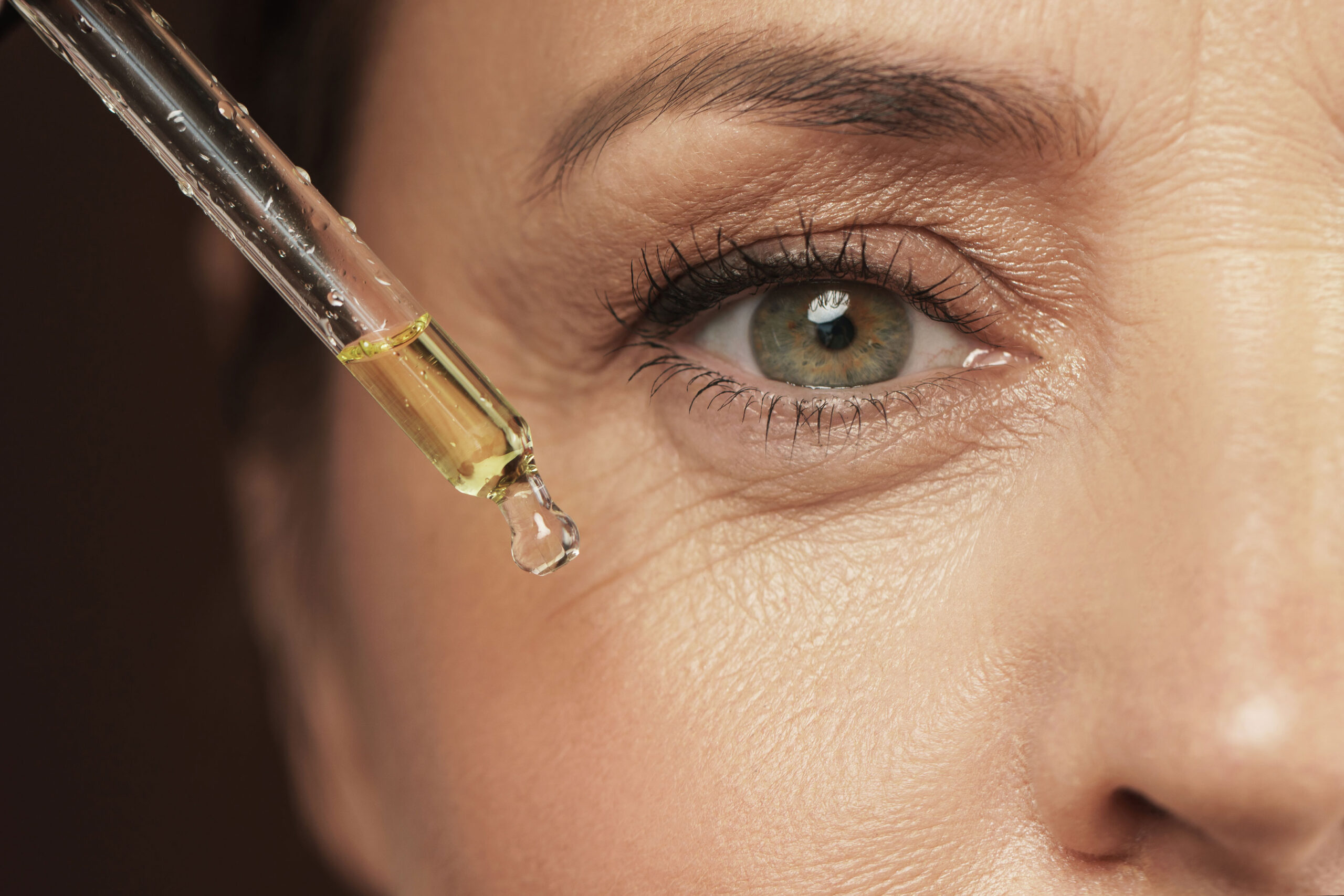Most of us know by now that overexposure to the sun is the number one offender when it comes to damage to your skin. If you were a sun-worshiper, beach-baby (or beach-bum) when you were younger, your theory was most likely “the tanner the better.” Slap on that baby oil and lay back with your tri-fold sun reflector and soak in those rays! We can’t turn back the hands of time, but we can move forward utilizing products that help restore and condition our skin to make ourself look and feel our best.
If there were ever enough bandwagons to jump on and off of, it’s within the skincare industry. From charcoal and glitter peels to mud and Dead Sea diamond masks (that’s not a real thing), one could get whiplash trying to keep up with the latest trends and skin care treatments.
A New Landscape of Skincare: The Microbiome
The microbiome, which lately has been the hot topic when it comes to enhancing gut health, has now become the rage in skincare with probiotic and prebiotic skincare treatments. When it comes to the microbiome and skincare this seems to be more than a trend. It is a movement toward changing the way we look at skincare all together. Microbiome skincare, including probiotics, prebiotics and postbiotics is backed with years of scientific study1. This is more than a bandwagon it’s more like a racecar to healthy skin.
So, What is the Microbiome of the Skin?
(Get to the point writer person!)
On the surface of our skin there are billions of bacteria (fun thought, right?), some of which help safeguard the skin from pathogens which can cause skin damage. Just like the microbiome in your gut there is a balance which needs to occur, otherwise certain skin conditions like acne, eczema or other unpleasant conditions can arise. This dense ecosystem of microbiota on our skin, known as the microbiome, is important to understand for proper skincare. By restoring the balance of the microbiome of our skin we nourish and restore the largest organ in our body: (you saw this one coming) our skin.
How the Microbiome in Your Skin and Gut are Interconnected
Just as we need “good” and “bad” bacteria in our gut to create a heathy balance for optimal gut health, the same thought process applies to our skin. For example, using antibacterial soap daily would not be a good decision, because you would be removing all bacteria, good and bad, creating an unhealthy imbalance2.
Our gut health has been linked to the health of many organs in our body from heart health3 to our mental health3. There is also a direct link from your digestive health to obtaining that glowing, radiant skin we all crave. Without receiving the proper nutrients from the food and supplements in our diet your skin will suffer the consequences. It makes sense if you think about the skin being the largest organ of elimination. If you want a gross random fact to share at parties here’s one: the skin releases about two pounds of toxic waste in the form of sweat a day! (your welcome).
Are the Probiotic Skincare products worth it?
Probiotic skincare products can be beneficial for all skin types. For those with specific skin conditions such as acne, chronic inflammation or rosacea probiotic moisturizers and other treatments can be especially helpful. According to dermatologist’s here are the main benefits of using probiotic skincare:
- Naturally produce antibiotics, called antimicrobial peptides, which combat acne and rosacea
- Aids in regulating oil production
- Improves the skin’s ability to retain moisture
- Enhances the skin’s capacity to protect itself from harsh external elements such as UV sunlight, air-borne allergens, pollution
- Balances the skin’s PH level4.
It’s important to remember that beauty always lies on the inside (as cliché as it may sound). Whether it be balancing the microbiome of our digestive system for radiant skin or expressing a kind word to a complete stranger that you might not have shared otherwise. It is an inner job for outer results.
Contact your sales rep. or email us at sales@vitajoyusa.com to take advantage of special pricing.
**These statements have not been evaluated by the FDA. This product is not intended to diagnose, treat, cure or prevent any disease.
References:
- Health effects of probiotics on the skin, https://pubmed.ncbi.nlm.nih.gov/24364369/.
- The Skin and Gut Microbiome and Its Role in Common Dermatologic Conditions, https://www.ncbi.nlm.nih.gov/pmc/articles/PMC6920876/.
- The Link Between Your Gut and Heart Health, https://www.everydayhealth.com/heart-health/the-link-between-your-gut-and-heart-health.
- Here’s what a dermatologist says about using probiotics on your skin, https://www.protektonline.com/2020/09/here-is-what-a-dermatologist-says-about-using-probiotics-on-your-skin/.
